When our recruitment team recently placed a Solutions Architect at a major university, one thing stood out. The hiring panel was clear: technical skills were critical, but soft skills were the deciding factor.
Why? Because technical gaps can be bridged with training and a willingness to learn.
Soft skills, on the other hand are harder to teach, and even harder to fake.
Maybe you’ve experienced this yourself. You’re brilliant at what you do — your code is clean, your scripts run like a dream, and you can troubleshoot complex systems in your sleep. Yet when it comes to managing stakeholders, rallying a team, or holding your own in a high-pressure meeting, something doesn’t quite click.
Your technical mastery is a powerful asset, but it’s only part of the equation.
Optimising your skills means going beyond the technical and strengthening the soft skills that amplify your impact.
These skills don’t just help you get noticed. They position you as someone who can lead, collaborate, and adapt to whatever challenges come next.
According to LinkedIn’s Global Talent Trends Report, 92% of talent professionals view these skills as equally vital to technical expertise.
Strong soft skills can transform your career, helping you stand out in interviews, thrive in team environments, and accelerate toward leadership roles. They elevate individuals, and they build high-performing teams and drive organisational success.
So, what does it take to optimise your soft skills in 2025? Let’s explore the top five areas you need to focus on and how you can get there.
- Emotional Intelligence
High emotional intelligence is your ability to recognise, understand, and manage your own emotions while effectively engaging with the emotions of others. It involves empathy, self-awareness, and managing responses under pressure.
Imagine you’re in a team meeting where tensions rise over missed deadlines. A colleague reacts defensively, but you calmly address the situation, empathise with their frustration, and refocus the team on finding solutions. This ability to manage emotions keeps the team productive and prevents conflicts from escalating.
How to Master Emotional Intelligence:
- Improve Self-Awareness: Identify patterns in your emotional triggers and reactions. Reflect on how they impact your work and relationships.
- Develop Empathy: Actively listen during conversations without jumping to conclusions. Focus on understanding the emotions behind others’ words.
- Manage Reactions: When faced with criticism or tension, pause before responding. Choose responses that maintain trust and de-escalate conflict.
- Communication
Brilliant ideas are worthless if no one understands them. Strong communication is about expressing your ideas clearly, concisely, and in a way that resonates with your audience. It’s as much about listening and understanding others as it is about speaking.
Consider presenting a technical solution to a non-technical audience. Instead of diving into jargon-heavy explanations, you simplify the message, focus on the value it brings, and ensure your audience understands. Clear communication helps ideas land and gain buy-in.
How to Master Communication:
- Practise Simplifying Ideas: Explain complex topics to non-technical colleagues or friends.
- Join Public Speaking Groups: Organisations like Toastmasters help you refine delivery and confidence.
- Seek Feedback: Ask for constructive feedback on your presentations and adjust based on what works.
- Gravitas
Gravitas is about presence. Gravitas is the ability to exude confidence, command respect, and influence others through your presence, authority, and communication style.
Imagine leading a high-stakes client presentation. You walk in prepared, deliver your insights with calm clarity, and handle tough questions confidently. Your presence reassures stakeholders that you’re in control and that your recommendations are credible.
How to Master Gravitas:
- Prepare Thoroughly: Know your material inside and out for key meetings and presentations.
- Refine Your Speaking Style: Practise speaking clearly, confidently, and with purpose.
- Work on Body Language: Maintain strong posture, steady eye contact, and purposeful gestures to convey confidence.
- Ability to Listen
Active listening is about fully engaging in conversations to understand what’s being said, including the emotions and intent behind the words. It involves listening without interrupting, seeking clarification, and responding thoughtfully.
It fosters trust, reduces misunderstandings, and helps you make better decisions by considering diverse perspectives.
In a sprint planning session, a teammate raises concerns about a timeline. Instead of dismissing them, you listen carefully, ask questions to clarify their perspective, and adjust the plan collaboratively. This builds trust and leads to stronger outcomes.
How to Master the Ability to Listen:
- Eliminate Distractions: Stay present by putting away devices and giving your full attention to the speaker.
- Summarise Key Points: Reflect back what you’ve heard to ensure understanding.
- Ask Open-Ended Questions: Encourage others to share more details and expand on their ideas.
- Adaptability
Adaptability is the ability to adjust to new situations, technologies, or challenges with a positive and proactive mindset.
Let’s say your team shifts to a new project management tool. When you quickly learn the system and help colleagues get up to speed, instead of being resistant, your openness to change keeps the team on track and shows you’re a reliable asset during transitions.
How to Master Adaptability:
- Embrace Learning: Approach new tools and processes with curiosity rather than resistance.
- Seek Challenges: Push yourself to take on projects that require you to learn or adapt quickly.
- Reflect on Change: Review past changes you’ve navigated and identify what strategies helped you succeed.
Wrapping It Up
Soft skills aren’t just the polish on your technical expertise. They’re the glue that holds a successful career together.
Imagine stepping into any room — boardroom, team meeting, or client pitch — and having not just the know-how, but the presence, the connection, and the adaptability to make a lasting impact.
The good news? These skills aren’t innate. They’re learned. And 2025 is your year to master them.
So, what’s your next move? Will you settle for being brilliant but overlooked, or will you embrace the skills that make brilliance unforgettable?
Content Collaborator:
Ali McKee, General Manager – Operations and Sales at ThunderLabs


